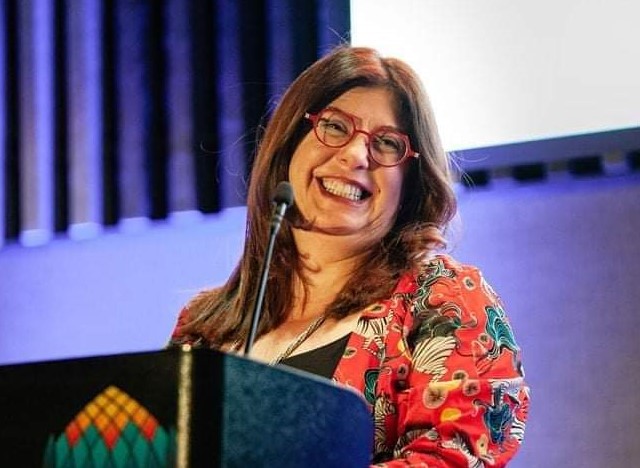Voices
Historic moment for Catholic-Jewish relations

This week, I attended my first World Jewish Congress (WJC) executive committee meeting in Rome. It was a remarkable experience meeting contemporaries from around the world in person, seeing how we’re all grappling with similar issues, and experiencing the solidarity of a global Jewish community.
South Africa is well represented on this prestigious body. As home to one of the world’s 12 largest Jewish communities, it has a permanent ex-officio place on the WJC executive, and as the chairperson of the South African Jewish Board of Deputies (SAJBD), I sit on the committee in that capacity. Currently, two other South African members sit on the committee: SAJBD National Vice-President Mary Kluk, and former National Vice-Chairperson Marc Pozniak. Both were elected in their own right. Prior to that, Kluk served in her capacity as SAJBD national chairperson and then president. For a number of years, she has chaired the WJC security committee. Pozniak, for his part, was elected to the executive after completing his term as chairperson of the WJC’s Jewish Diplomatic Corps. All three of us, along with National Director Wendy Kahn and the Board’s political and social justice liaison, Alana Baranov, attending in her capacity as a member of the Jewish Diplomatic Corps, were present at what was an historic occasion.
The opening evening took place, appropriately enough, at Rome’s historic Great Synagogue, but the main conference, extraordinarily enough, was held in the synod room inside the Vatican. We also had an audience with Pope Francis, which was unique and special. That a meeting of world Jewish leaders should be hosted by the prestigious, internationally recognised headquarters of the Catholic faith is a striking demonstration of the revolution in Jewish-Catholic relations that has taken place since the adoption under Pope John XII of the famous Nostra Aetate declaration in 1965. Nostra Aetate represented a decisive departure on the part of the Church in terms of how it viewed the Jewish people and their history and beliefs. Previous teachings of contempt and delegitimisation were replaced by an acknowledgment of past wrongs, and a wish to reach out to those the Church had previously rejected. The declaration paved the way to a process of reconciliation and bridge building between Jews and Catholics that continues to this day.
The importance of world Jewry reciprocating these overtures was emphasised by Noemi Di Segni, the head of the Jewish community in Italy. As she said in her profound speech at Monday’s opening session, “The enhancement of a long-standing bond is a challenge also for the Jewish community that needs to find courage and trust – to learn about the Catholic culture, read its thoughts, books, and language to better understand the meaningfulness of the changes reached or proposed.”
The WJC is in the process of creating an equivalent document to Nostra Aetate, titled “Kishreinu – Our Bond”, which will be presented to the pope in due course. For me, and no doubt my colleagues, it was an extraordinary privilege to have been part of this historic moment for Catholic-Jewish relations.
- Listen to Charisse Zeifert on Jewish Board Talk, 101.9 ChaiFM, every Friday from 12:00 to 13:00.
